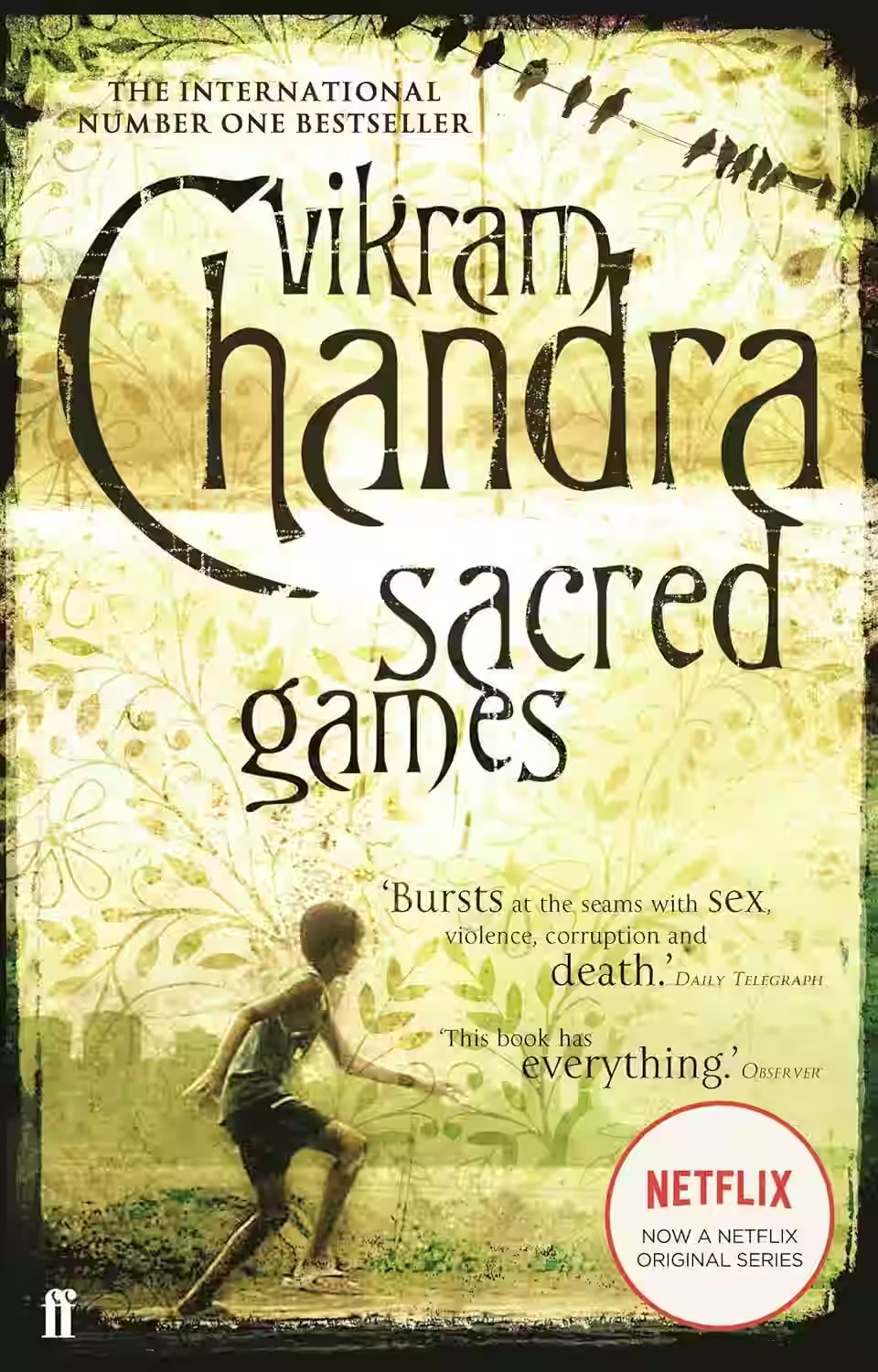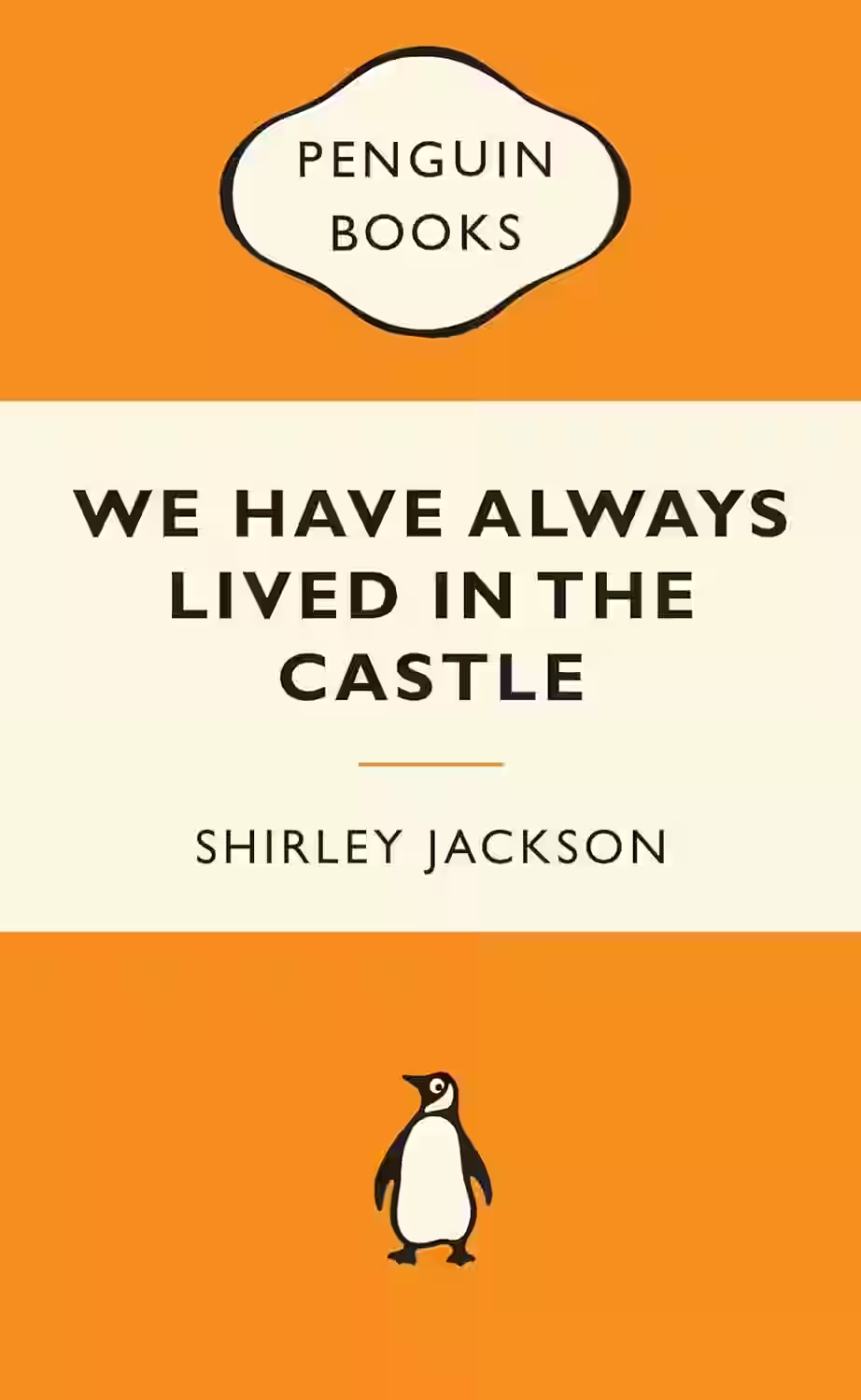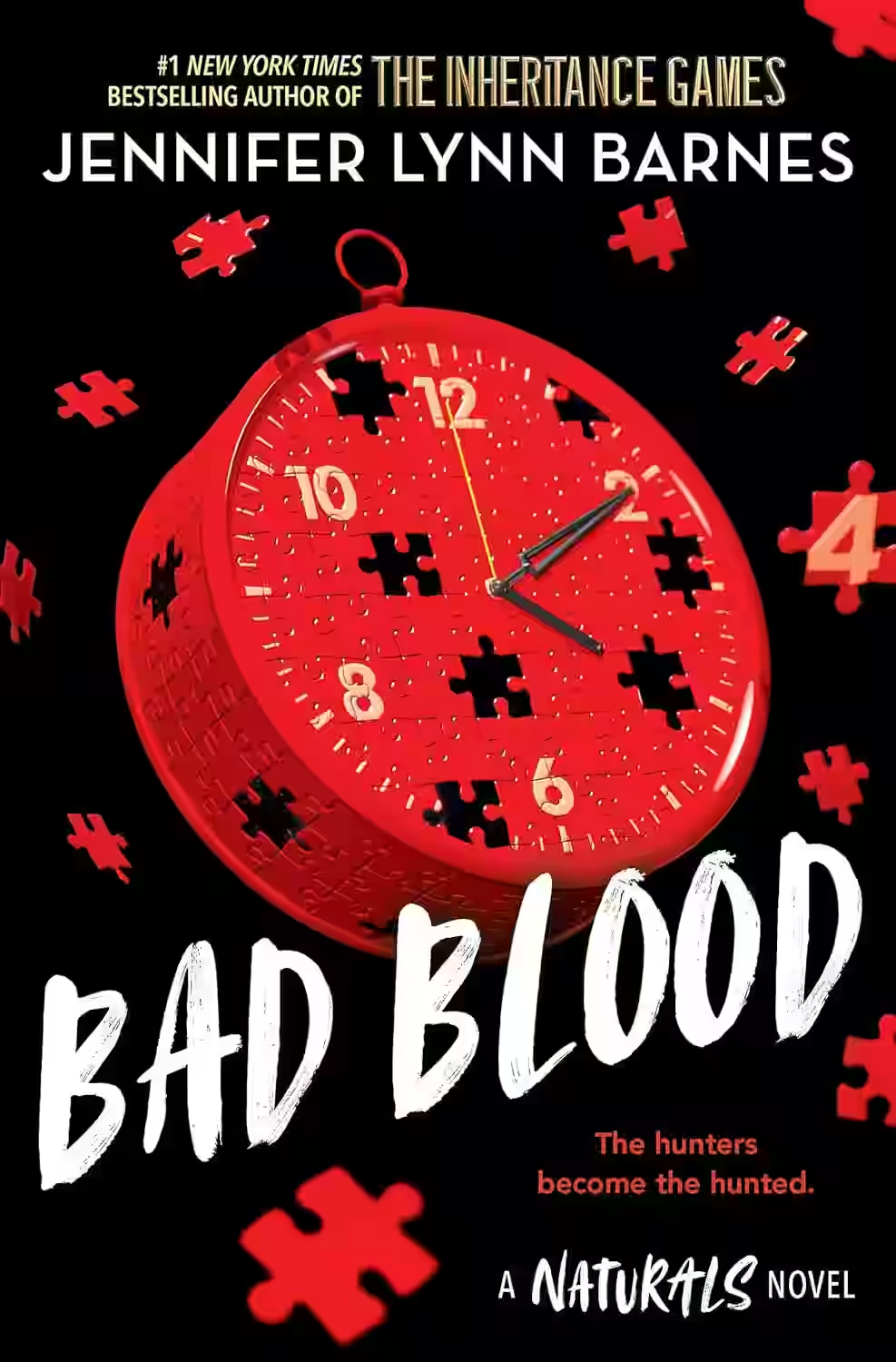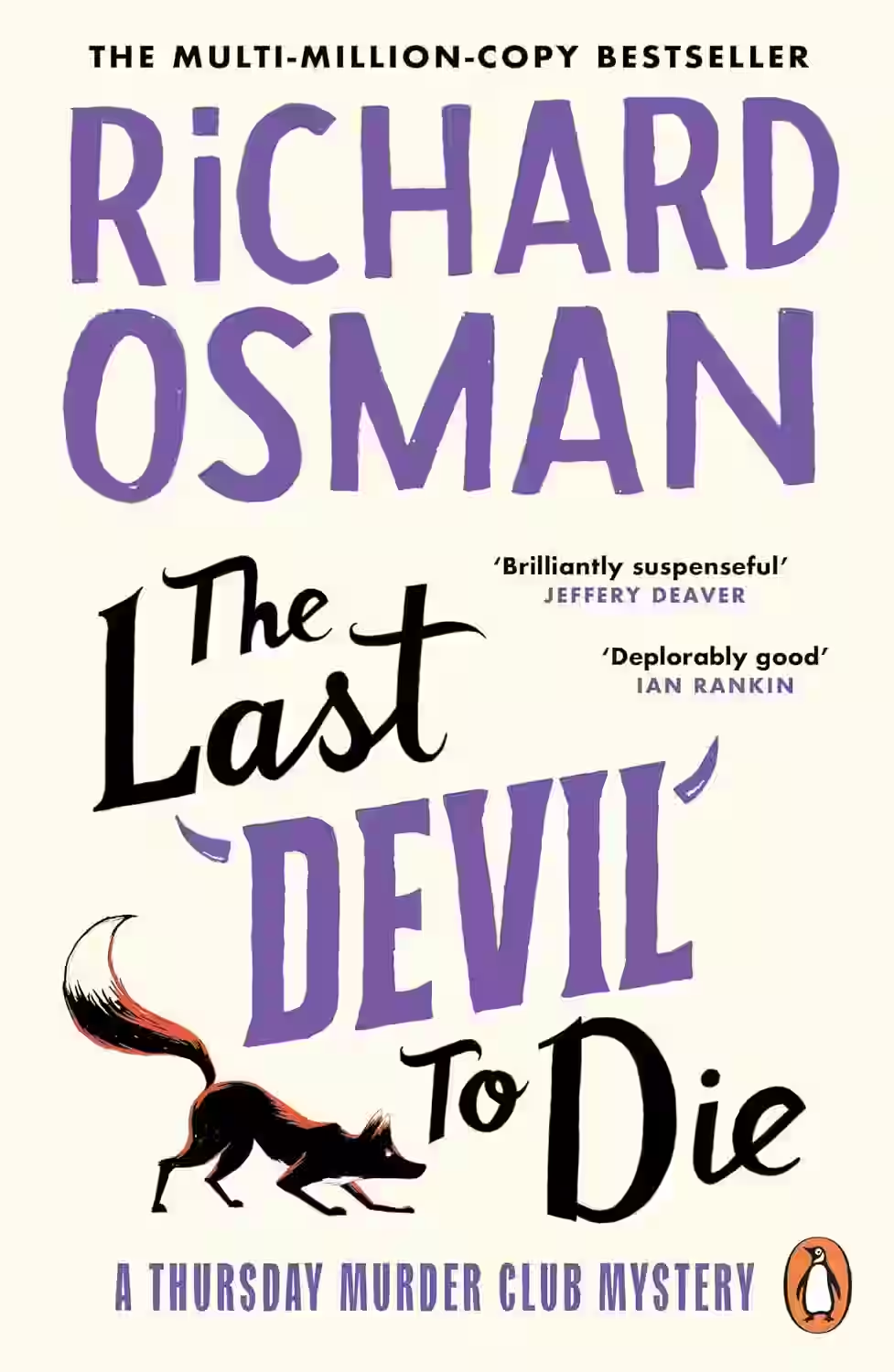
Fight Club is a dark, satirical novel that explores identity, consumerism, and rebellion. It follows a disillusioned, unnamed narrator who forms an underground fighting ring with the charismatic Tyler Durden as an outlet for male aggression and existential frustration. As the story unfolds, it delves into mental instability and the loss of self in a corporate, image-driven society. Palahniuk’s raw, punchy prose captures a generation’s rage and alienation. The novel, adapted into a cult classic film, remains a provocative critique of masculinity, conformity, and the search for meaning in a dehumanizing world.
About Chuck Palahniuk
Chuck Palahniuk is an American author best known for his cult classic Fight Club, a dark, satirical exploration of masculinity, identity, and modern disillusionment. His distinctive writing style—minimalist, raw, and transgressive—delves into the fringes of society and the human psyche. Palahniuk’s works often feature unreliable narrators, taboo subjects, and unsettling humor, challenging readers' comfort zones. With a devoted fanbase, he has become a defining voice of literary rebellion. In addition to novels, he has written essays and short stories that critique consumerism, conformity, and the search for authenticity in an increasingly artificial world.
Similar Books

Sacred Games
Sacred Games by Vikram Chandra is a sprawling, multi-layered novel that blends crime thriller with political and philosophical themes. Set in Mumbai, it follows Sartaj Singh, a weary Sikh police inspector, who becomes entangled in a decades-long mystery after receiving a cryptic tip from notorious gangster Ganesh Gaitonde. As the narrative unfolds, it interweaves personal histories, underworld violence, religious tension, espionage, and the legacy of colonialism. Written in rich, lyrical prose and incorporating multiple languages and cultural references, Sacred Games offers a gritty yet deeply introspective portrait of modern India, questioning fate, morality, and the nature of power.

We Have Always Lived in the Castle
Shirley Jackson's 'We Have Always Lived in the Castle' is a haunting tale of the reclusive Blackwood sisters, Merricat and Constance, who live isolated in their grand family home after a tragic event. Delving into themes of family, isolation, and the darkness that can lurk beneath the surface of small communities, Jackson weaves a chilling narrative filled with suspense and psychological intrigue. As secrets unravel and tensions rise, the novel grips readers with its eerie atmosphere and unrelenting sense of unease. A gothic masterpiece that lingers long after the final page is turned.

Bad Blood
Series: The Naturals (#4)
Jennifer Lynn Barnes' thrilling novel, 'Bad Blood,' is a fast-paced and captivating addition to The Naturals series, targeted towards a young adult audience. The book seamlessly weaves together elements of mystery, psychological drama, and suspense, immersing readers into the world of teenagers with extraordinary crime-solving abilities. As the protagonist, Cassie Hobbes, grapples with the personal and emotional challenges posed by her past and her unique skill set, she must also confront a chilling and dangerous adversary. The exploration of familial ties and the impact of trauma add depth and nuance to the narrative. Barnes skillfully balances tension and revelation, making 'Bad Blood' a compelling read for those intrigued by psychological thrillers.

The Last Devil To Die
Series: The Thursday Murder Club (#4)
In 'The Last Devil To Die,' Richard Osman takes readers once again into the charmingly quirky world of the Thursday Murder Club. This fourth installment of the series sees the elderly sleuths, Elizabeth, Joyce, Ibrahim, and Ron, facing their most formidable adversary yet—a devilishly clever criminal who threatens to shatter their peaceful retirement village life. Osman masterfully blends humor with poignant reflections on aging, friendship, and morality, crafting a narrative that is both heartwarming and suspenseful. The plot unfolds with intricately woven clues and delightful surprises, ensuring readers remain engaged. Osman's sharp wit, coupled with the endearing eccentricities of his characters, makes this cozy mystery a captivating read, highlighting the enduring power of resilience and camaraderie in the face of even the darkest challenges.